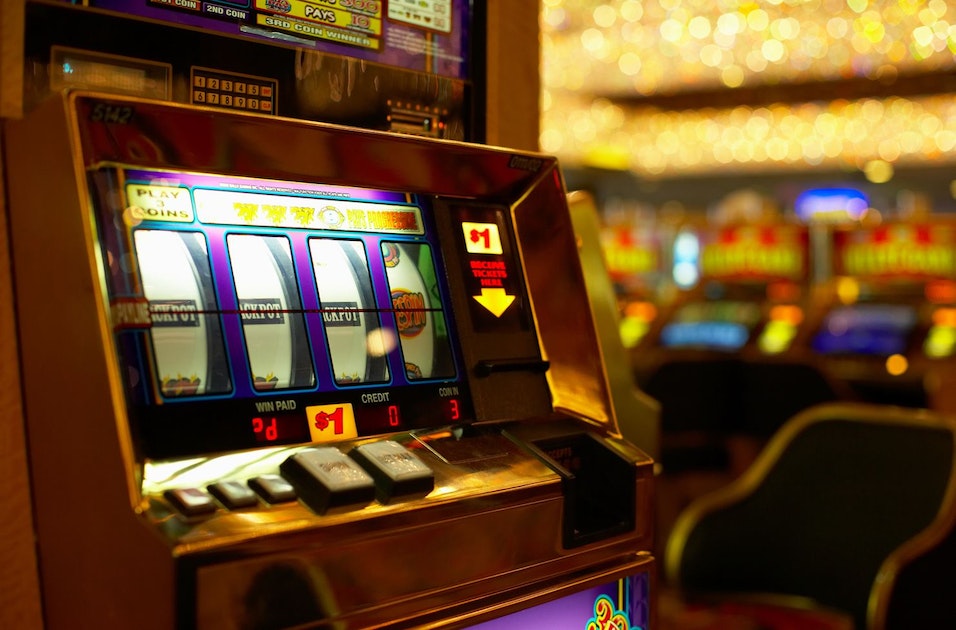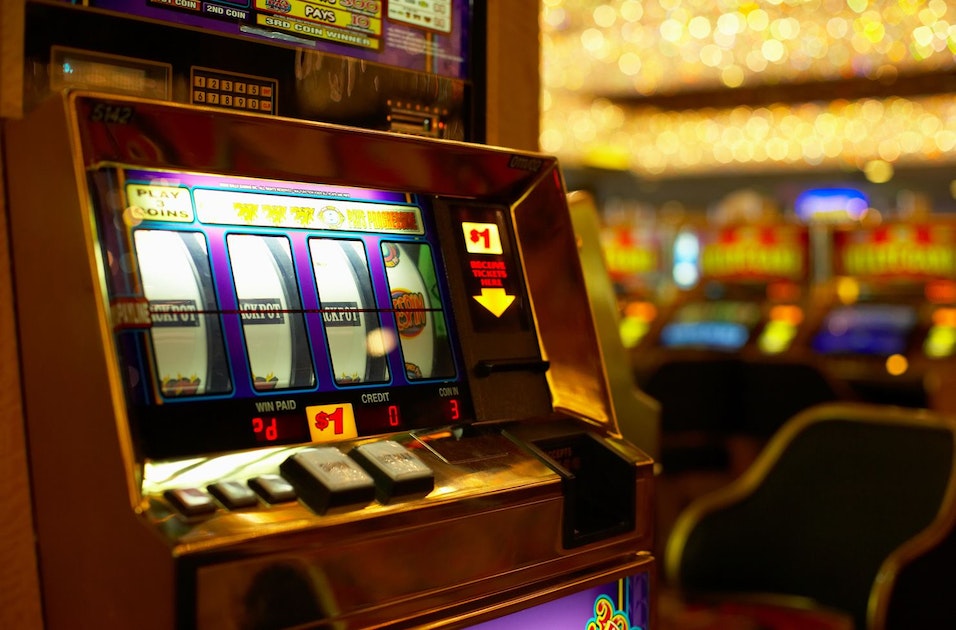
Opinion editor’s note: Star Tribune Opinion publishes a mix of national and local commentaries online and in print each day. To contribute, click here.
•••
The Minnesota Legislature is debating the largest expansion in gambling in 30 years. Much of the focus has been on sports gambling, but there is another important gambling issue in play — one that has brought virtual slot machines to every corner of the state.
A small but extremely important provision regarding these slot machines is contained in HF 1938, the House Omnibus Tax bill. This small provision reaffirms the intent of the 2012 Legislature that developed a compromise on the use of electronic pulltabs to finance the construction of U.S. Bank Stadium. Without this language contained in the 2023 Omnibus Tax bill, an unelected board (the Minnesota Gambling Control Board) will be empowered to ignore regulations established by the Legislature and future legislatures.
During the debate to construct a new football stadium in 2012, stadium supporters proposed what many believed to be a new and expanded form of gambling: an electronic pulltab. Money derived from this new form of gambling was proposed as a method to help fund the new football stadium in downtown Minneapolis.
Legislators, Native American Indian tribes and our anti-gambling coalition wanted assurance that this new form of gambling, the electronic pulltab, would not resemble nor “mimic” a slot machine. We received that assurance, and it was written into the authorizing legislation that allowed, for the first time in Minnesota, e-pulltabs. The beneficiary of these e-pulltabs would be the stadium and, later, various charities that sponsor such games in many of the state’s bars and restaurants.
Over the past 10 years, gambling interests have ignored the will of the 2012 Legislature and designed e-pulltabs that very closely resemble slot machines, including what’s called an “open-all” feature. This feature allows faster play and unveils the pulltab results with a single tap of a button — just like a casino’s slot machine. Indeed, the fast-paced action of e-pulltabs is so similar to popular slot machine action that, according to Allied Charities of Minnesota, “every e-pulltab game in the state” now features this “open-all” provision.
Because this “open-all” slot machine feature was explicitly prohibited by the 2012 Legislature, this issue was adjudicated and a decision was issued in February 2023 by the Minnesota Court of Appeals. The 21-page ruling decreed that the “open-all” provision proved that the e-pulltabs didn’t “closely conform to the paper versions” and were a clear violation of legislative intent.
After that ruling, Gambling Control Board Executive Director Tim Mahoney said, “I don’t think if they took some of the bells and whistles away from e-tabs you would have that much of an impact.” Indeed, according to reports, paper pulltabs garnered $2.1 billion in gross receipts in fiscal year 2022, an increase from $1.9 billion the previous year.
To be clear: This is not about denying future revenue for charitable gambling, the primary beneficiary of paper and e-pulltab revenue. Instead, this is an important separation of powers issue, where an unelected body — the Minnesota Gambling Control Board — has overstepped its authority and authorized a policy contrary to that specifically set forth by the Legislature and dramatically expanding casino-style gambling.
To continue to ignore this overreach is granting an unelected regulatory agency the authority to boldly ignore legislative intent in future matters that may come before that body.
Nearly 20 years ago, University of Illinois economist Earl Grinols wrote a groundbreaking book on the economic and social costs of gambling. At that time, he estimated that the social costs of gambling in the United States, meaning increases in crime, lost work time, bankruptcies and financial hardships imposed on the family of the gambler “had reached epidemic proportions,” costing the U.S. economy $54 billion annually. He compared it to the drug use epidemic that was estimated at the time to have an economic cost of $110 billion.
Since that time, gambling has increased its stranglehold in Minnesota, where we remain one of the few states that allow 18-year-olds to gamble. Legislators understand the myriad problems associated with more gambling — so much so that with each new government-approved gambling expansion, they included a provision to provide “help” for those who become addicted to gambling. Tragically, that “help” often comes only after devastation, economic (lost homes and jobs) and personal (divorce and depletion of a family’s savings).
We’re told that sports gambling is inevitable and that we should step aside and allow this new form of “entertainment” to be approved by the Legislature. Heck, policymakers are so concerned about gambling addiction that they’ve even set up a fund to help those who inevitably fall victim to the mega-gambling companies that operate sports betting sites.
But as we’ve learned with electronic pulltabs: gambling guardrails are only good if the Legislature pays attention to its oversight obligations and sees to it that laws are enforced as written. Otherwise, the Legislature’s word rings as hollow as the next get rich quick lottery scheme.
Annette Meeks is a board member of Citizens Against Gambling Expansion.
